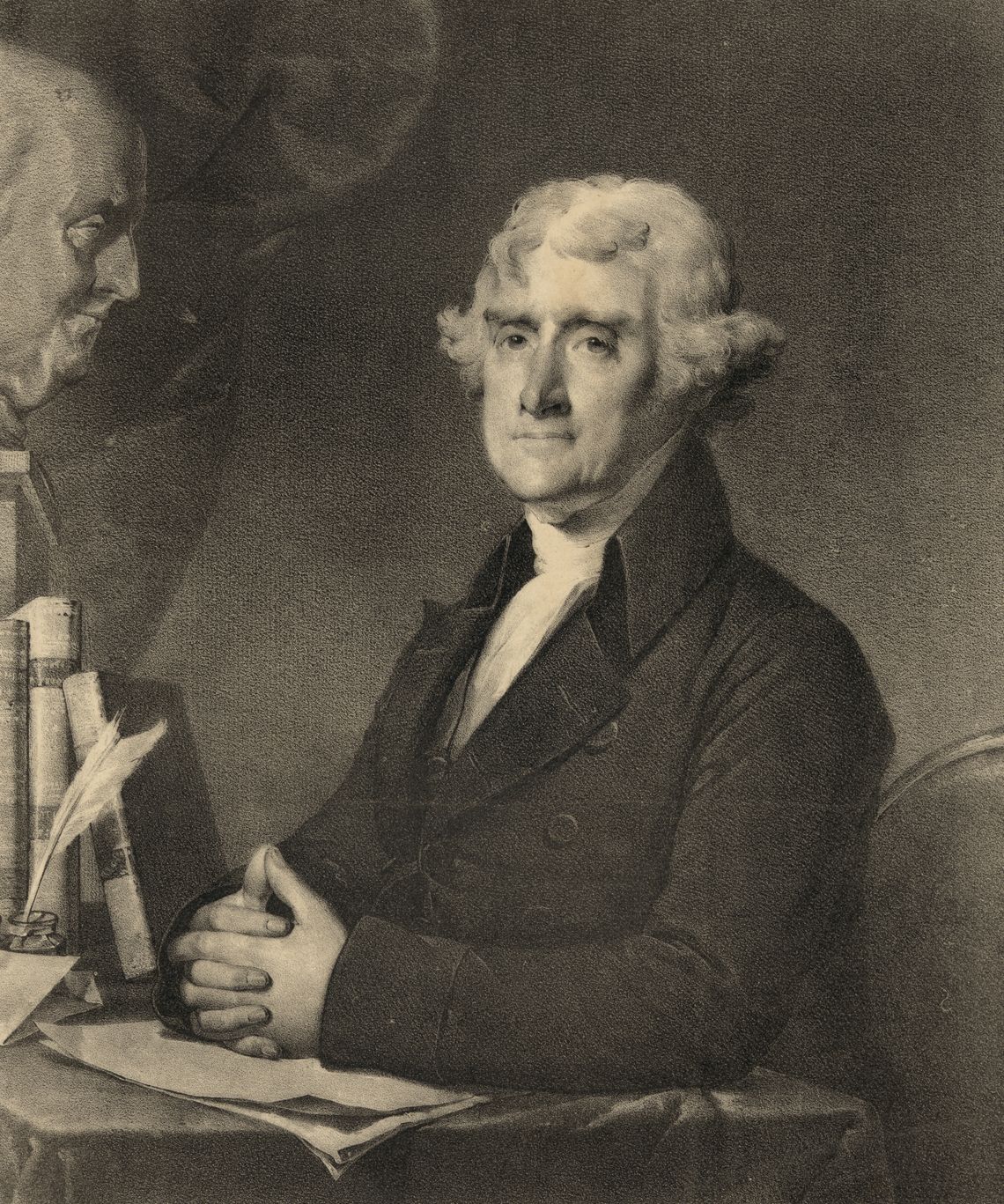America has had on-off relations with political corruption that go back to the early years of our republic.
Thomas Jefferson, in his only book, Notes on the State of Virginia, wrote: “With money we will get men, said Caesar, and with men we will get money. They should look forward to a time, and that not a distant one, when corruption in this … country … will have seized the heads of government, and be spread by them through the body of the people; when they will purchase the voices of the people, and make them pay the price. Human nature is the same on every side of the Atlantic, and will be alike influenced by the same causes. The time to guard against corruption and tyranny, is before they shall have gotten hold on us. It is better to keep the wolf out of the fold, than to trust to drawing his teeth and talons after he shall have entered.”
1. Jefferson was both prophetic and naïve. The wolf was already abroad inside the pens. History shows how some of our founders’ ‘best intentions’ have fared since their formulations. As our political and economic systems have grown more complex, so have their interactions, as norms of propriety have been stretched and bent to suit the needs of different times, circumstances and aggressive, sometimes rapacious men of business and of money.
An iconic story from the tailend of the “Gilded Age” was that of William Clark, who died in 1925 with a net worth of $4 billion in today’s money. He was one of the crudest rich men of his day, but in a ‘wealth class’ with J.P Morgan, John D. Rockefeller and other “robber baron” fixtures in our proverbial Pantheon of Policy Purchasers.
In 1899, the U.S. Senate launched an investigation into Clark’s notorious penchant for handing out envelopes stuffed with high-dollar bills to legislators involved in matters pertinent to his interests. The ensuing scandal propelled an era of political cleanup that reached its zenith with the presidencies of progressive Republicans (a species that no longer exists), Theodore Roosevelt and William Howard Taft.
2. It also led to the passage of the 1907 Tillman Act, which provided a year in prison for any corporate director, officer, or agent who gave any money or thing of value to any candidate for federal office on behalf of any corporation.
3. Clark’s story also informed the 1910 Corrupt Practices Act, also known as The Publicity Act because it required any political committee supporting candidates in more than two states to publicly reveal their finances and donations.
4. In 1910, by-then-former President Theodore Roosevelt gave a speech in Osawatomie, Kansas telling Americans that if we didn’t take on the morbidly rich, they would bring democracy to its knees. Roosevelt declared, “The Constitution guarantees protections to property, and we must make that promise good. But it does not give the right of suffrage [voting] to any corporation.” In other words, corporations are not people, Roosevelt said. This was common sense back then, (although the present Supreme Court has turned that ‘archaic’ truth upside down today).
Roosevelt told his crowd that as long as corporations were able to interfere in elections and throw massive amounts of money at candidates, America would remain locked in a crisis of plutocracy. The only answer, he said, was to “prohibit the use of corporate funds, directly or indirectly, for political purposes,” and to “hold corporate officers personally responsible when any corporation breaks the law.”
The federal government until that time was neither taxing giant corporations, massive inheritances, nor any other aspect of the lives of the morbidly rich, and that failure, Roosevelt said: “has tended to create a small class of enormously wealthy and economically powerful men, whose chief object is to hold and increase their power.” The Kansas crowd roared approval, and word traveled across the country. Within a year the Constitution was amended so that we had both a federal income tax on the excessively rich, a corporate income tax, and an inheritance tax.
5. During those first two decades of the 20th century, both Democrats and progressive Republicans put up barriers to corporations and to that generation’s equivalent of billionaires from buying and owning politicians. Americans felt the result almost immediately — the birth of the largest and fastest-growing middle class in the history of the world. Once they saw the evidence of overgrown plutarchy all around them, Americans realized T.R. was right, and rejected it resoundingly. Politicians of both parties had become populist when it came to protecting democracy from political bribery.
Today’s prevailing reality is that billionaire capitalists and corporations routinely create and employ our elected officials and legislators as their tools, and endeavor to shape governmental policies affecting our social, financial, educational and personal conditions to their own greatest advantage. This “fact of life,” once re-exposed, should be a unifying issue again for all Americans to embrace who are not plutocrats themselves.
‘Our’ Oligarchs recognize this potential danger to their outsized influence — of the sleeping giant of the American people awakening once again to exert our power for our own betterment — at their expense. This drastic realization prompts them and their corporate extensions, especially their ‘informational’ media organs, to encourage every possible ‘lesser’ issue that might keep us ‘common’ people preoccupied. Divide and dominate.
As we remain embroiled in throes of factional chaos and conflict over inflated issues that in calmer times were usually resolved without general rancor, we stew, helpless to focus our common anger on the real common enemy — our oppressors themselves, the insatiably rich and powerful potentates of our society. We are repeatedly and confidently treated by them as fools — mass marks, dupes, stooges, voiceless victims of their huge scam.
Plutocrats learned their lesson once, the hard way. Can we the people re-learn ours?
“Fool us once — shame on you; fool us twice, shame on us.” Fool us a thousand times ... ?
Notes:
1. On the State of Virginia (1785)
2. Progressivism: Roosevelt and Taft
3. Tillman Act of 1907
4. Federal Corrupt Practices Act
5. U.S. Constitution — 16th Amendment Bill Cornelison, BHS 52, resides in Bandera County






.png)
